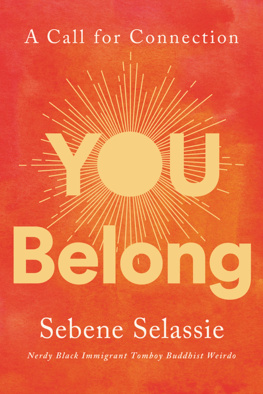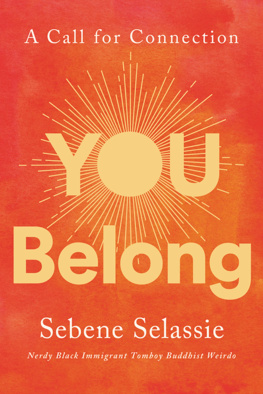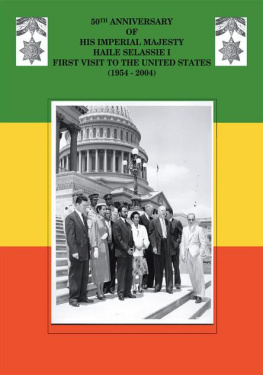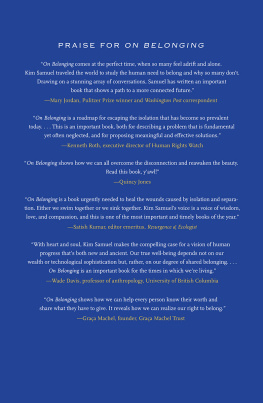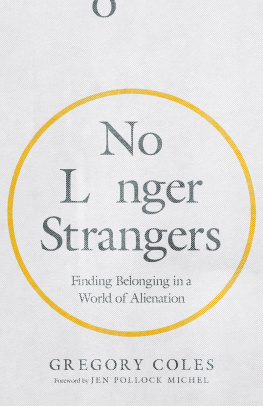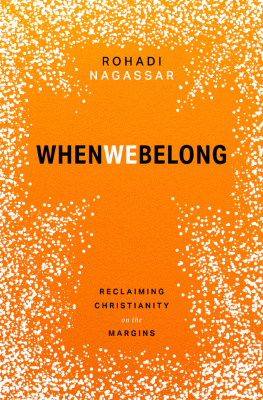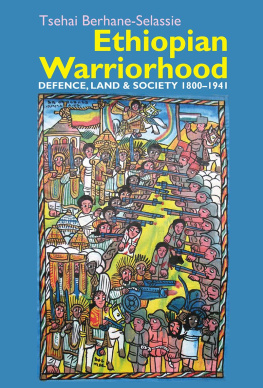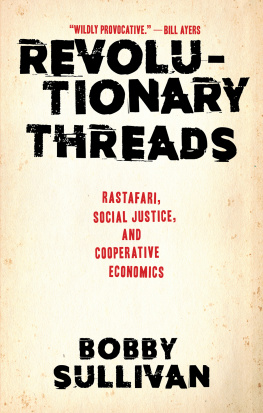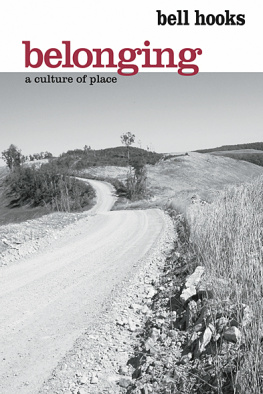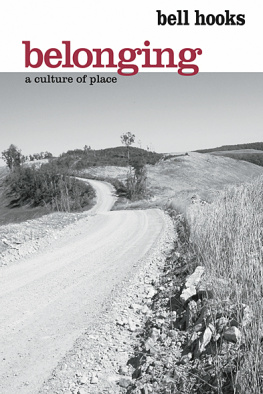At the age of thirty-four, while most of my girlfriends hurriedly made babies before their fertility windows closed, I received a diagnosis of stage three breast cancer.
I did not feel sick. I ate cleanly, biked to work, practiced yoga regularly, looked radiant, and my body was trying to kill me. Physically, I felt great. Emotionally, I was a mess. Recently broken up from my first long-term relationship, I returned to Washington, DC, where I had not lived since I was eighteen. People I knew were settling down in careers and first homes while I was in debt, living at my moms, and working for a dysfunctional international organization. I longed to belong to life but I contemplated my death daily. Thats when I started taking coffee up my butt.
I explored alternative treatments with a doctor at an integrative health center in Tenleytown. She used coffee enemas as part of a complex detoxification protocol. Every week for a year, cooled organic decaf arabica would flow through a tube into my rectum until it was full. After many minutes alone in the room (during which I sometimes sang to myself and usually failed to relax), a nurse would return and allow me to release my bowels. We would do this again three or four times each session.
Colonics have long been believed to detoxify the body. Around 1500 BCE, an ancient Egyptian medical document Ebers papyrus described the benefits of colon cleansing, and many traditional healing systems have some type of colonic irrigation. Coffee enemas are thought to detoxify the liver. Does it work? Im not sure. At least it didnt hurt my recovery and wasnt painful.
Why is this relevant at the beginning of a book about belonging? Belonging is an expression of life. I would have done anything to belong to the living. Also, everything is relevant when we talk about belonging. The challenge with belonging in these times is everything includes a whole lot of things, including coffee poop. We live in a world where previously isolated languages, cultures, and beliefs have been melded into each other. Each of us has a multitude of influences, various identities, and countless experiences. Furthermore, things are bananas out there. We are presented with a dizzying array of choices every daywhat to eat, use, read, watch, follow, post, support, say, believechoices that align us with particular ideas, values, and communities... or not. In any moment, we may feel like we belong to one thing and not another. I belong to this community, to which others dont. I belong to this statement, definitely not that one. I belong in this space way over here. Or perhaps I belong nowhere. The truth: we all belong to it all. Also to death.
I did not tell most people about my coffee colonics (until now, when Im telling absolutely everyonehello there!). When I was first diagnosed, I chose to pursue only alternative treatments. My mother and our family friends, like many immigrants steeped in faith and traditional medicine and wary of Western (read: white) doctors, encouraged me to try natural therapies. The conventional doctors I was seeing and some friends disagreed with this decision. I was utterly unsure about my choices.
Eventually, I decided to combine allopathic and alternative medicines. Exploring both ancient and modern health systems, I often felt caught between them. This was fifteen years ago, and most cancer centers were only tiptoeing into integrating other modalities. I felt nervous about mentioning acupuncture to my oncologist. The fact that I included spiritual practice as part of my healing made me feel even more far out. I never mentioned my devotional prayers to science-only, nonreligious friends, yet I was the one who felt skeptical when people made recommendations for miracle nutritional supplements or suggested that I could cure cancer through my thoughts. I was confused and navigating things my peers had not. I felt isolated and aberrant.
I dont wish cancer on anyone else, but I wouldnt change a thing about my experience. That doesnt mean it was easy: I wasnt always open to what was happening while it was happening. But the challenges I facedthe challenges you face, the challenges we face collectively at this time, any place in the world (even a colonic room), any challenge in life (even cancer)all are invitations to belonging. And belonging is our true nature.
Belonging is our capacity to feel joy, freedom, and love in any moment. As the late Zen teacher Charlotte Joko Beck said: Joy isexactly whats happening, minus our opinion of it. She made a distinction between joy and happinessHappiness has an opposite: unhappiness. Joy is not about happy or unhappy, liking or disliking. Joy is accepting each moment for what it is without contention. We belong to any moment simply by meeting it with joy. This is freedom. Love is the ultimate expression of joy and freedom. Joy, freedom, and love could be considered synonyms for each other, and for belonging.
I had longed to belong my entire life. I longed to fit in, I longed to achieve success, and I longed to have a soul mate. No one yearns to belong to cancer, especially not a single young woman searching for her purpose in life. Over the next ten years, I would have two recurrences of the disease, each more grave than the last. Cancer threatened my capacity to belong to anyone or anythingexcept that it didnt. It was my entry point. The truth is: we all have a 100 percent chance of dying. The only things human beings who breathe a breath have in common are birth, death, and belonging. Even in dying, we belong.
You belong. Period.
Not Belonging Is Only a Feeling
Belonging is not dependent on things being as we want them to be. It is not necessary to achieve (some definition of) success, behave like everyone else, have the perfect partner, be the perfect size or shape. In fact, the forces of oppression need not even magically disappear (though that would be cool) for us to experience belonging. And get this: we also dont need to feel belonging to belong. Belonging is truth and it is the fundamental nature of reality right here and now, whether we feel it or not. For me, its often been not.
I explore belonging precisely because for most of my life I felt I did not belong anywhereforget everywhere. I was plagued with feelings of not belonging no matter where I went. I have been writing this book for almost a year. I have been living this book my entire life. Im sure Ive longed to belong since before I can remember. I do remember being very young and unsure of where or who was home. I was a toddler when my family emigrated from Ethiopia in the early seventies (I am half Ethiopian and half Eritrean). I felt out of place in an American culture that was a lot less diverse than it is today and in an immigrant community that was much smaller than it is now. I grew up Black in white neighborhoods, and I didnt feel like I connected to any one racial culture. I was a girl who was not interested in girlie things (so, yes, on top of everything else, I was the tomboy Black immigrant girl).
Difference does not equal not belonging, but as many of us live farther away from our families and as we connect to multiple communities and cultures, our sense of belonging feels tenuous. Race, gender, class, sexual orientation, ability, religion, ethnicity, culture, size, politics, profession, lifestyle, and even clothing can highlight differences that delineate borders between us that become (false) barriers to belonging. Into my thirties I assumed there were certain ways to be(long). I did not seem to get them. I was too blackish for the white folks. Not Black enough for the Black folks. Too Americanized to get my roots. Too immigrant to get American idioms. Too feminist for heels. Too femme not to do my brows. Too intellectual for the intuitives. Not sufficiently read for the academy. Too political for my party friends. Not radical enough for my activist friends. Too hetero to call myself queer. Too queer to care about most hetero nonsense. Too woo-woo for the skeptics. Not spiritual enough for the renunciates. I had too much money. Not enough.

